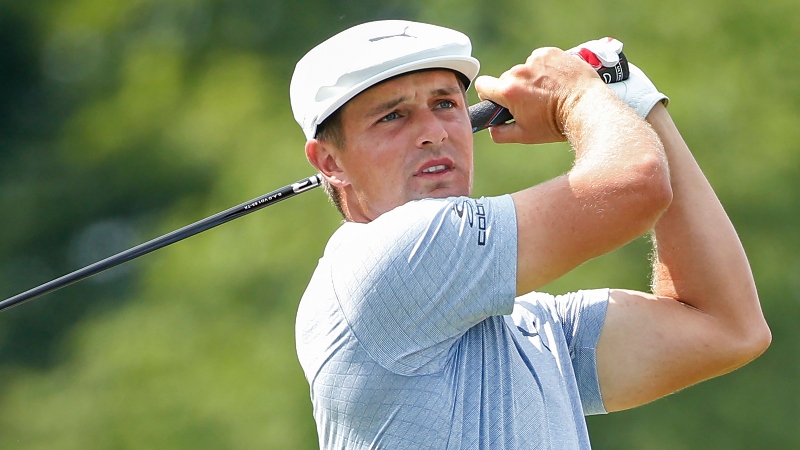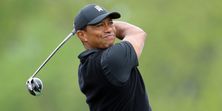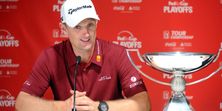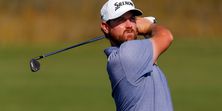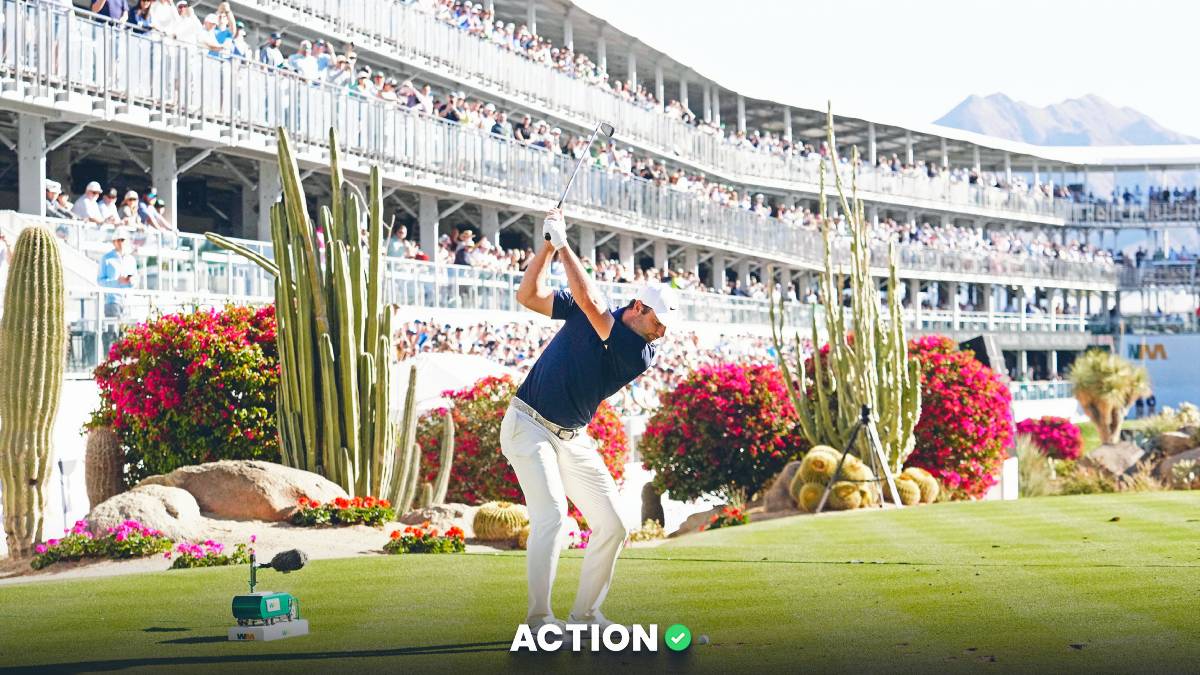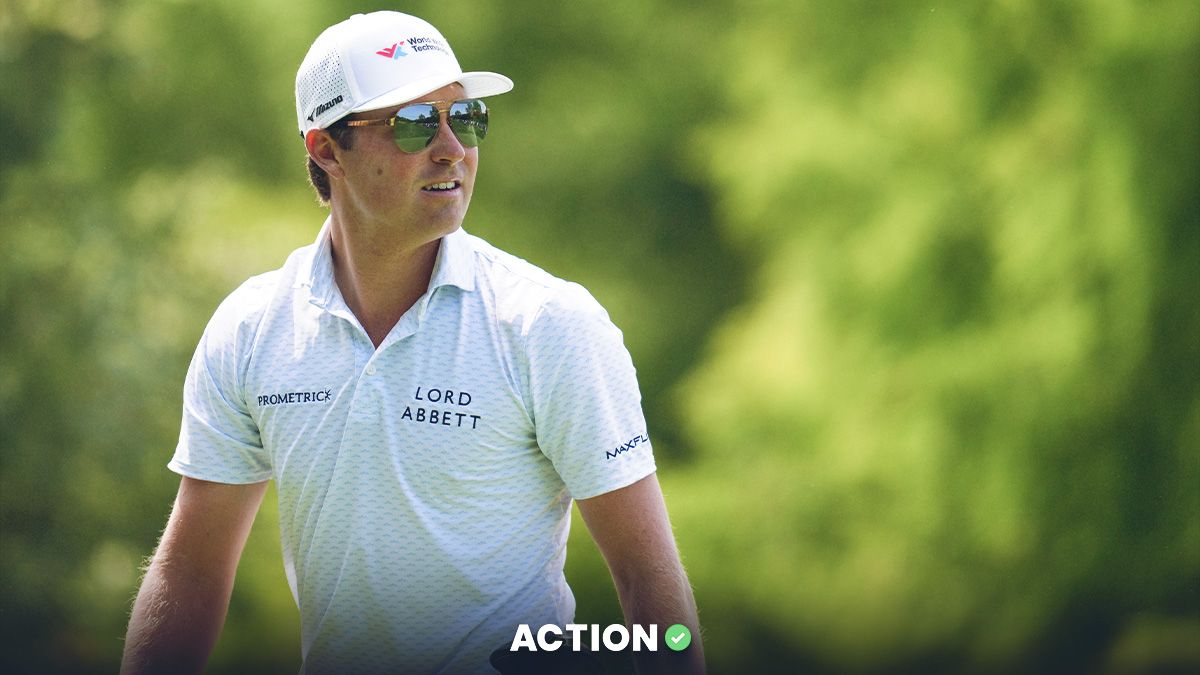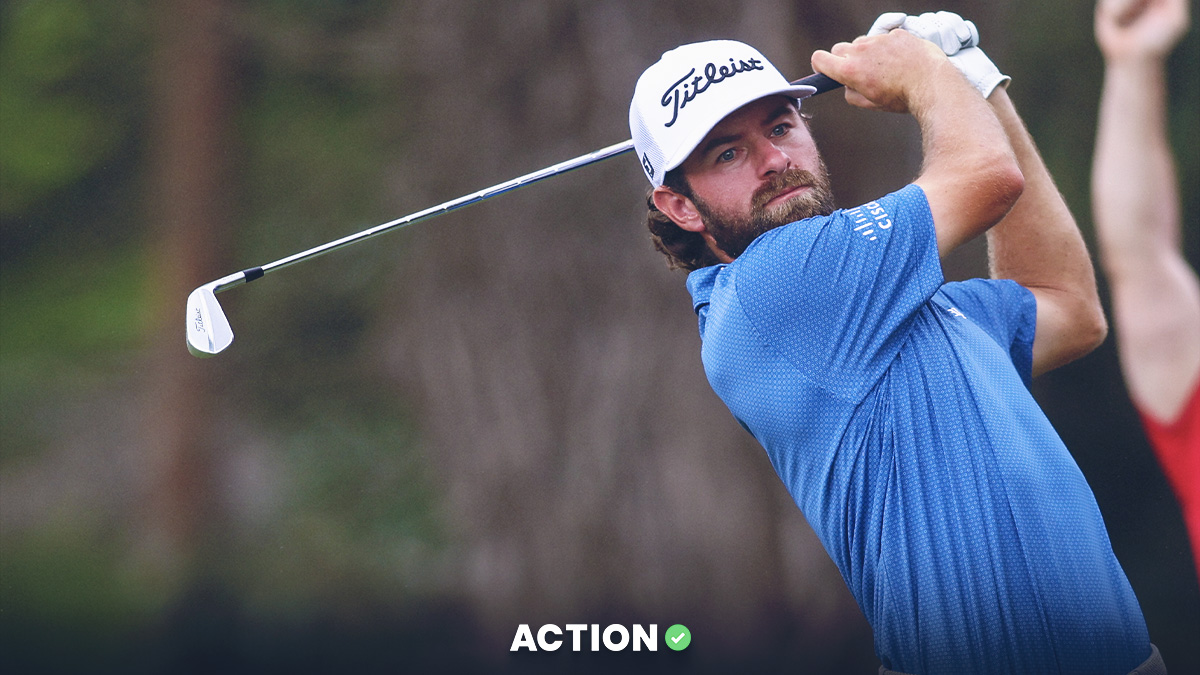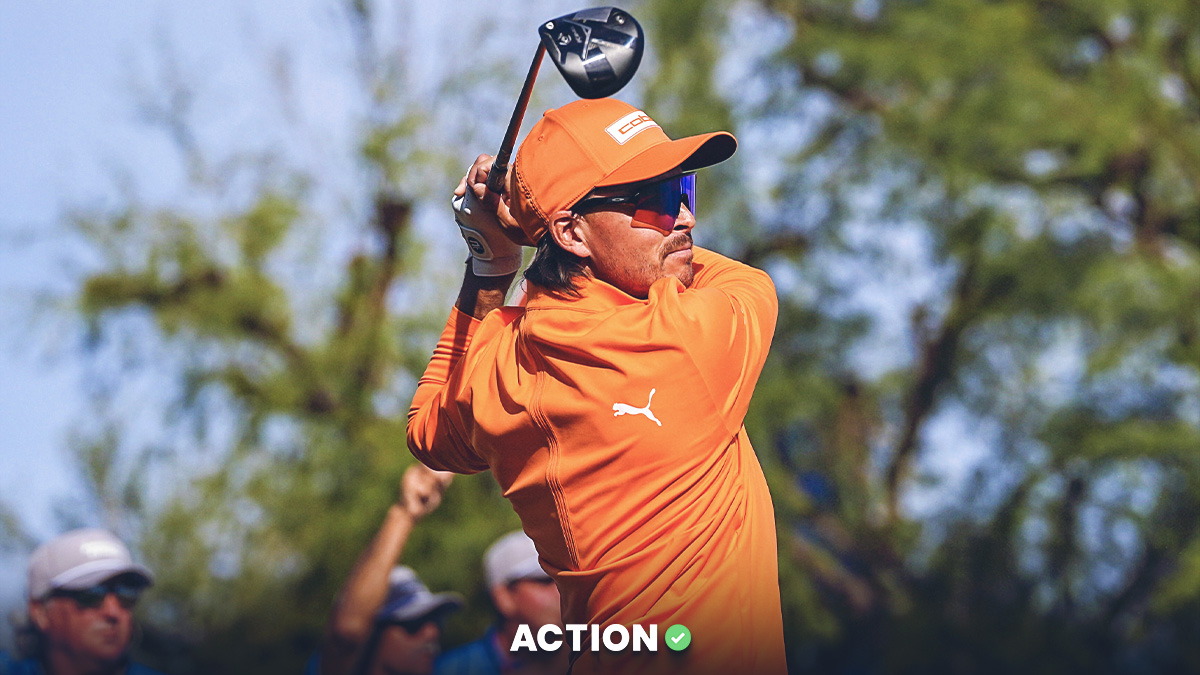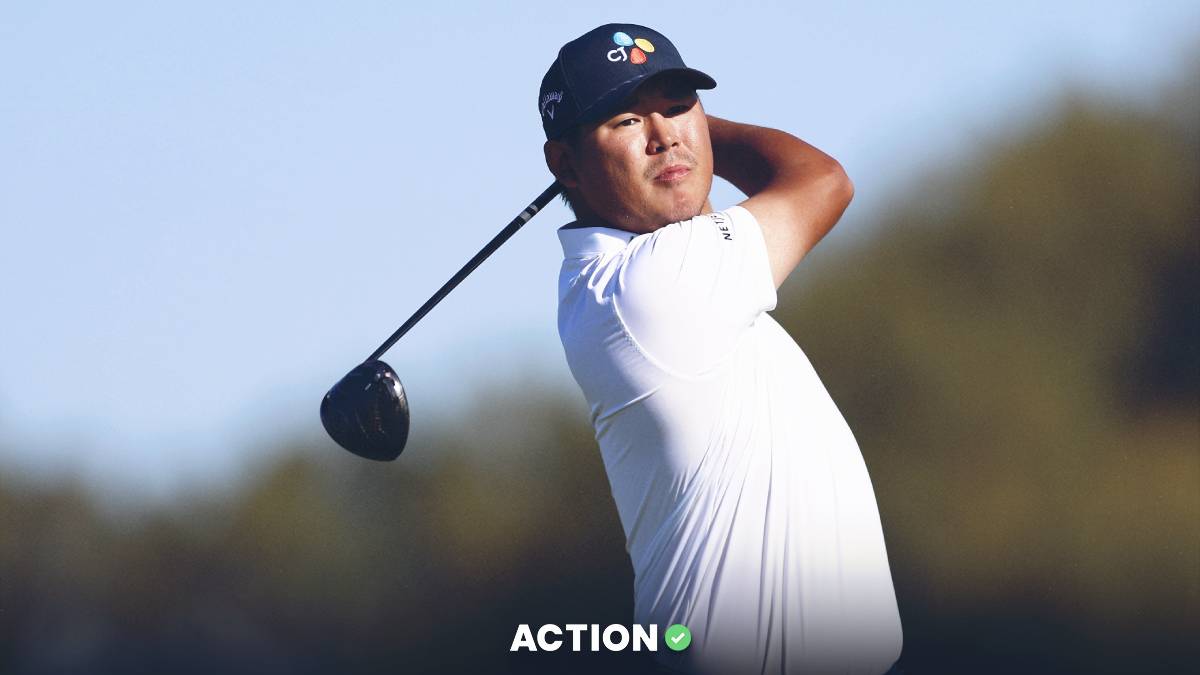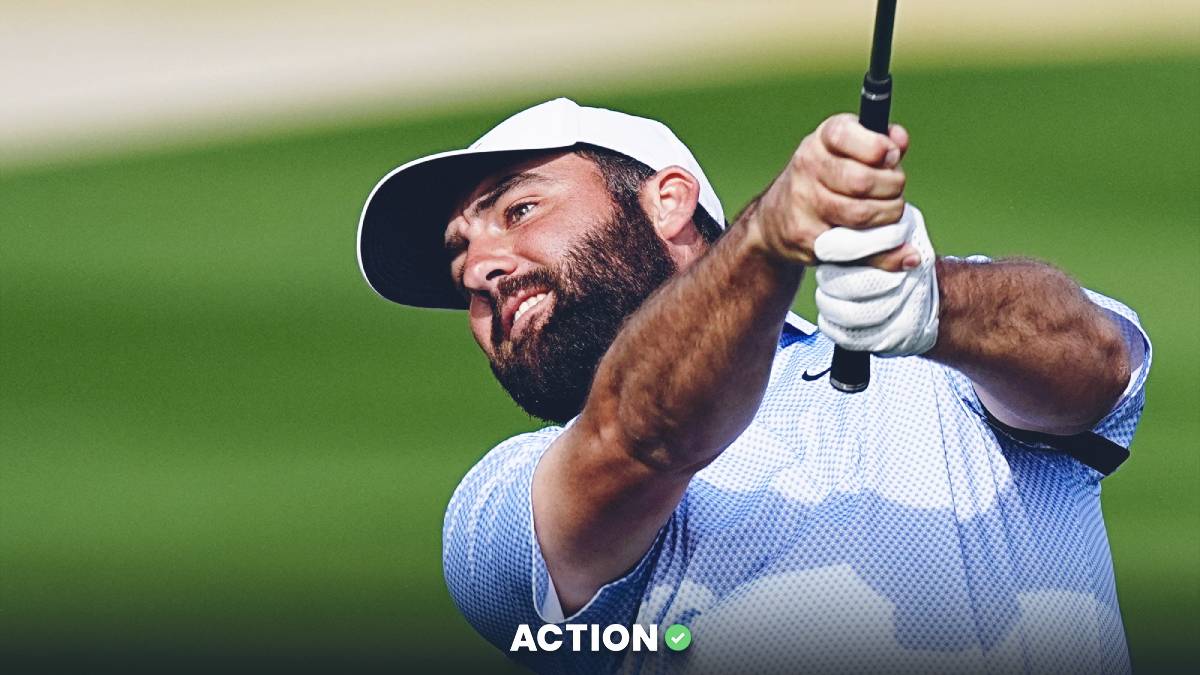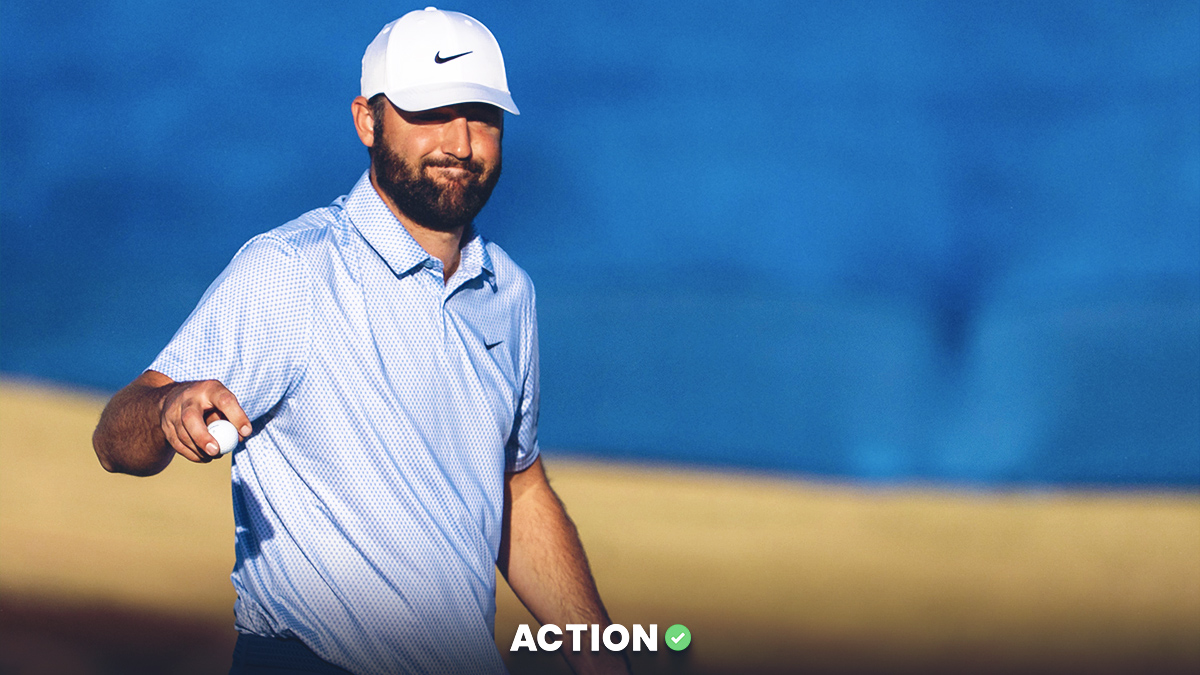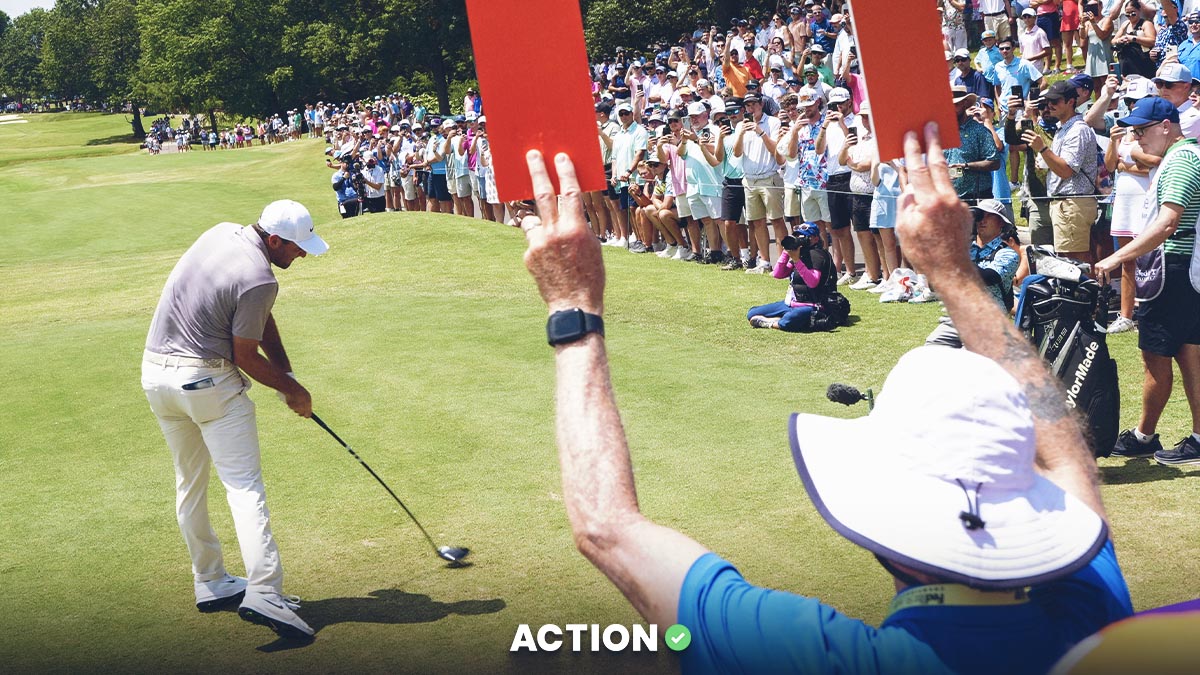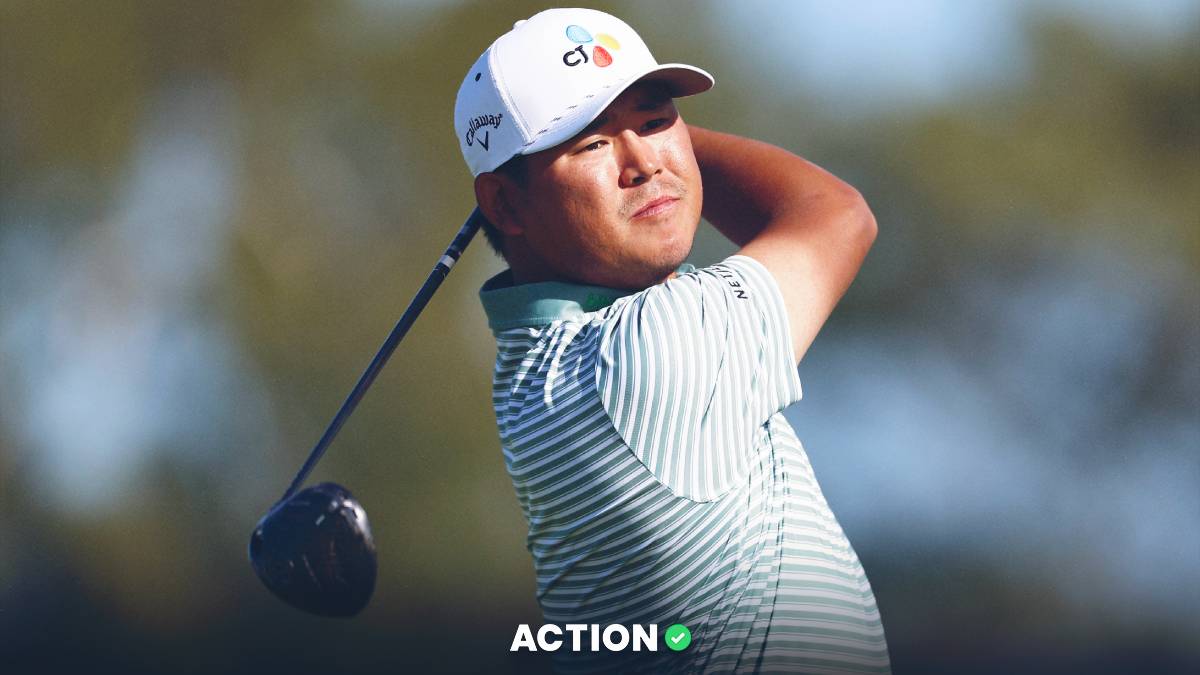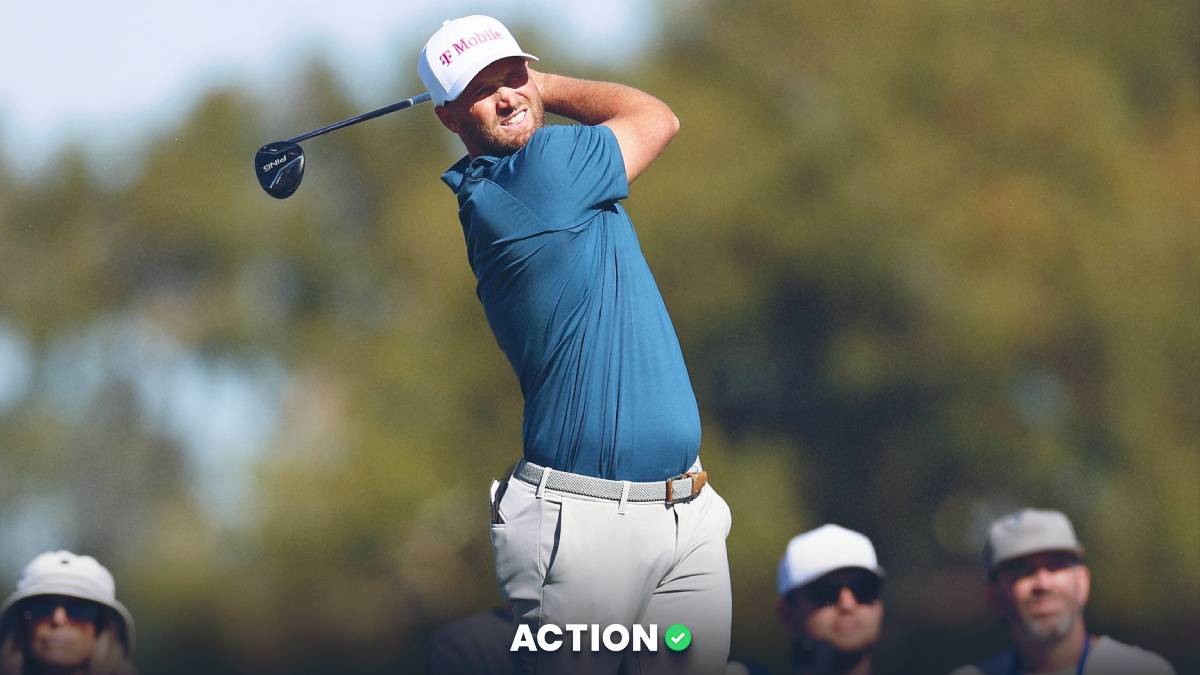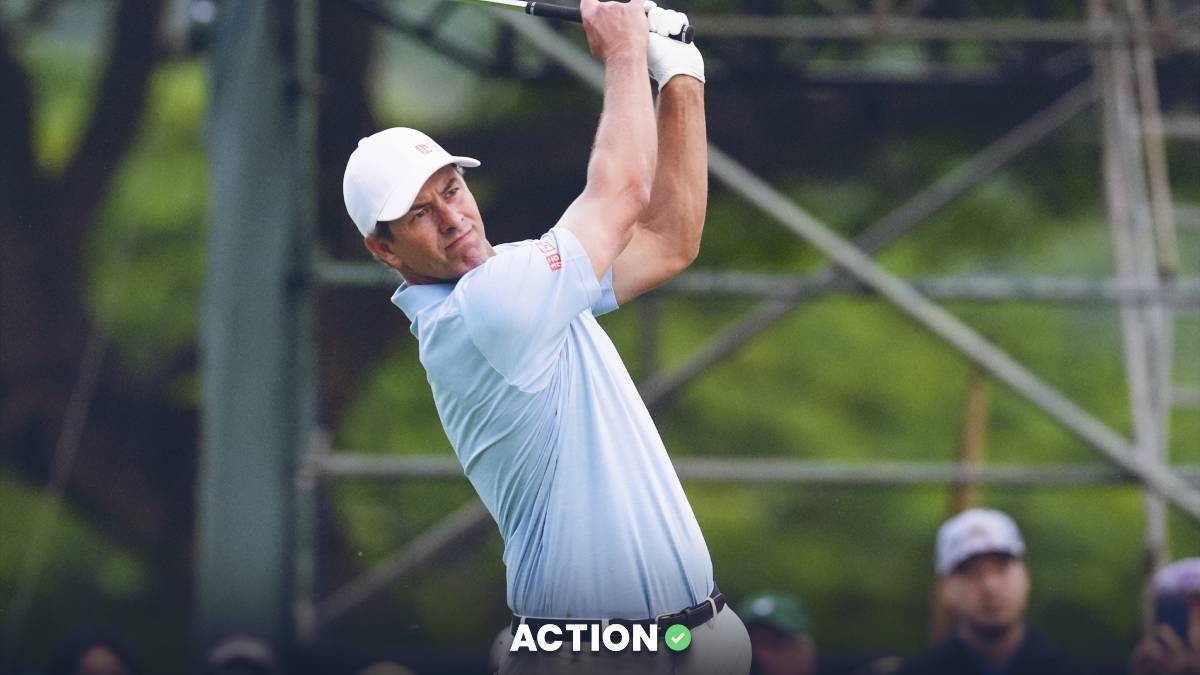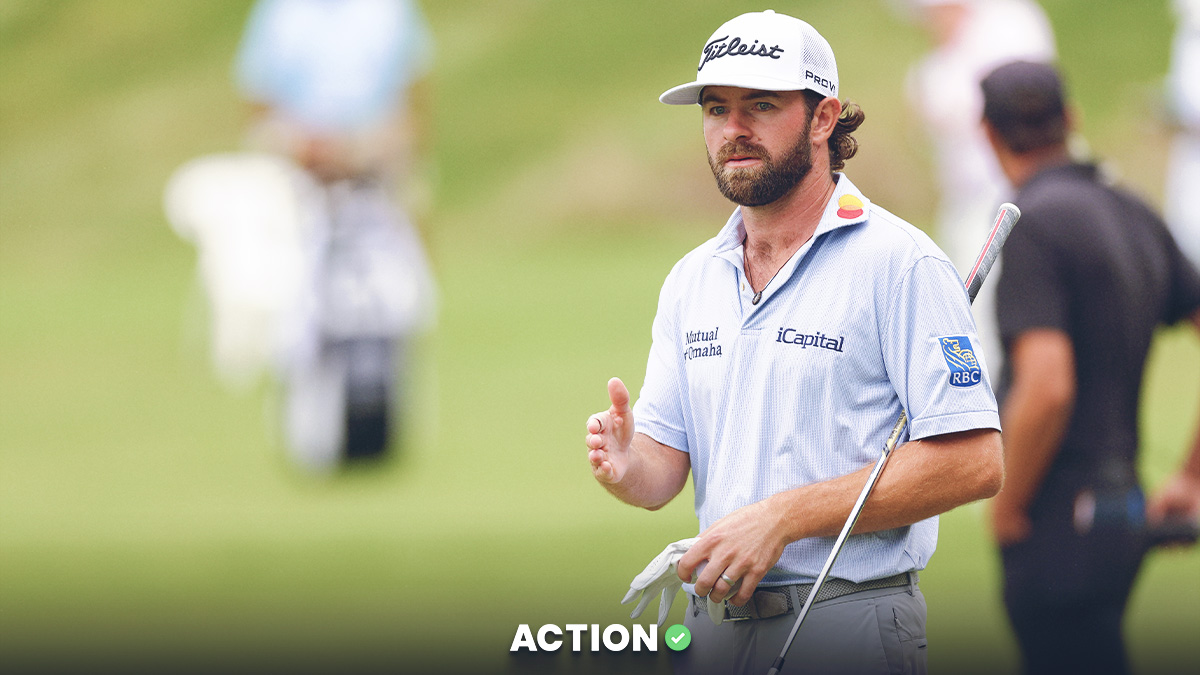- The debate over slow play on the PGA Tour rages on, and everyone seems to have an opinion.
- Jason Sobel separates the truths from the myths when it comes to pace of play.
JERSEY CITY, N.J. — As I wrote in my Saturday column on Bryson DeChambeau and the latest slow play controversy, the entire issue is like traffic: Everybody hates it, and nobody thinks it’s his or her fault.
When it isn’t present — traffic or slow play — it’s out of mind. When it exists, though, when a player takes two minutes to read a putt or there’s a standstill on the LIE at rush hour, it suddenly dominates our list of pet peeves.
Some of these grievances are legitimate. Others are pure speculation.
Let’s separate the truths and myths about slow play.
TRUTH: There’s a rule about playing in a timely manner, and it should be enforced.
If a PGA Tour pro hooks a drive out of bounds, he can’t simply kick his ball back into play and hit his second shot from there. There are rules in place, and these rules don’t allow for such informal interpretations.
Well, there’s also a rule — a PGA Tour rule, not a USGA decree — about taking 40 seconds to hit a shot. This rule is blatantly broken every single day, probably on dozens, if not hundreds, of occasions.
For a game so steeped in playing by the book, with black and white guidelines leaving room for no gray areas, there’s no reason this rule shouldn’t be similarly enforced.
MYTH: Enforcing the rule will radically speed up the time of rounds.
Part of the furor over slow play is that spectators largely thinks it takes too long to play — and for them, watch — an entire round of golf, so pros moving faster will essentially lead to a more enjoyable viewing experience.
Many, though, highly overrate the impact that faster play would have.
If a round is 4:00 now, it might be 3:50 if the rule is enforced. If it’s 4:50 now, it might be 4:35.
Don’t believe me? Here’s Justin Rose, who understands that the bellyaching will only save a minor amount of time each day: “What's the best-case scenario? Ten, 15 minutes, and, you know, that's the best-case scenario. Is it worth it? I don't know.”
TRUTH: This should be an easy fix.
As he so often does, Rory McIlroy said it best earlier this week: “It should be a warning and then a shot. It should be you're put on the clock and that is your warning, and then if you get a bad time while on the clock, it's a shot.”
Easy, right?
I mean, this could be a two-minute conversation at a PAC meeting. Here’s the problem, here’s the solution, let’s break for lunch.
Can you imagine if FIFA policed rough play by offering players an unlimited number of yellow cards without ever handing out a red? That’s what is happening on the PGA Tour. Warnings without consequence.
MYTH: This is an easy thing to police.
First off, the PGA Tour would need to employ a rules official with every group, every single day, which is way beyond its staffing capabilities right now. And there needs to be some logic in place: If a player takes 41 seconds to hit a shot instead of the allotted 40, is he subject to being penalized? If not, then what is the grace period? How tightly does all of this need to be enforced?
Secondly, golf is a game in which players are inherently charged with calling penalties on themselves. Unless you believe DeChambeau’s caddie is going to stand next to him with a stopwatch while he's on the honor code, this would truly be a situation where violations are called against a player, as opposed to the player calling them on himself.
Lastly, let’s not assume that any penalties doled out for slow play would happen quickly. The rules official would check his time and then perhaps check it again, akin to VAR in soccer. That would undoubtedly prompt a discussion with the golfer in question, which could often lead to a debate. All of which means that, by trying to speed up the game, enforcing the rule might slow it down more.
TRUTH: No player believes he’s slow.
This is from DeChambeau, after videos went viral of him pacing off a 70-yard shot and taking more than two minutes to read a short putt: “There's times that absolutely it does take me a little bit longer. But if you watch me, if you seriously do your due diligence and watch me tee shot to tee shot, I'm the first guy up to the ball.”
Just as the octogenarian in the beat-up Celica doing 45 in the fast lane doesn’t think he’s the problem, neither does any slow player.
Until these guys start owning up to the fact that they’re slow and need to make some changes, there will be no personal accountability.
MYTH: This is a new problem.
In the wake of this latest kerfuffle, there have been reminders out there that Bobby Jones used to complain if a round took more than three hours. Maybe, but let’s not insist that slow play is anything new.
Cyril Walker beat Jones in the 1924 U.S. Open. He was so sluggish that players in the groups behind him were often handed a deck of cards by tournament officials so they could play Solitaire while they waited. In fact, after a while, no matter his score, Walker would be forced to tee off as a single in the final “group” of the day, just so he’d stay out of everyone else’s way.
Jack Nicklaus was methodical. Greg Norman was deliberate.
Every generation has endured its share of slower players. The one common thread is that when a popular player is slow, the criticism is minimized; when an unpopular player is slow, it becomes magnified.
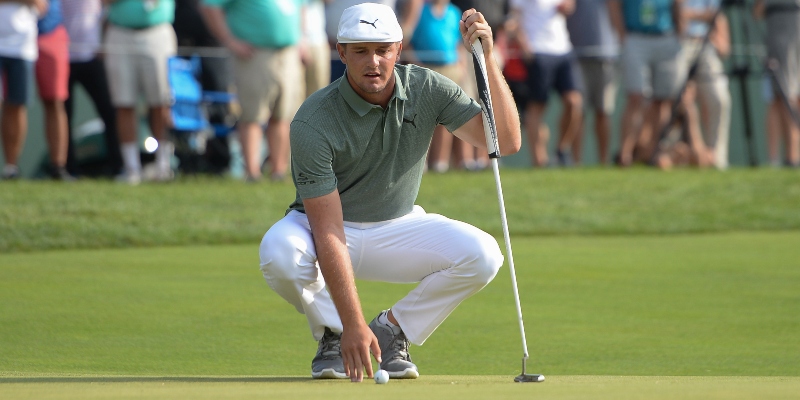
TRUTH: DeChambeau is a blatant offender of the rule.
Despite going on the defensive after his third round at Liberty National, DeChambeau’s pace is often offensive. This is hardly the first time that he’s been charged with not just playing slowly but also — and this part is more blatant in the eyes of his peers — not being ready when it’s his turn to play.
It’s one thing if a player is standing over his ball, feels a shift in the wind direction, backs off, consults his caddie and switches clubs. It happens.
It’s quite another if two players in a group hit their shots and then their playing partner starts getting his yardage and thinking about his next swing.
Every recreational golfer understands the notion of ready-golf. Pros should get it, too.
MYTH: DeChambeau is blatantly worse than other players.
Slow play occurs on the PGA Tour every day. It’s only when the offender is captured on video and that video is leaked to social media that a public uproar takes place.
Bryson is a very good player. As such, he’s on television more than other slow players.
For all you know, the 177th-ranked player on the PGA Tour this season is much more deliberate than DeChambeau, but because that guy has never played well enough to be on TV, we have never been treated to his pace of play.
Right now, DeChambeau feels like he’s being unfairly singled out by other players and the public for being slow. He has a point.
But it still doesn’t fly.
Going back to the fast-lane analogy: If you get pulled over for driving 90 mph and explain to the officer that everyone else was also going that fast, you’re still at fault and you’re still getting a ticket.
TRUTH: It’s disrespectful to playing partners.
Yes, yes, 1,000 times yes.
This is the worst part of it. I admire that a player cares so much about his second shot of the seventh hole on a Thursday morning that he’ll switch clubs and check the wind five times. We should all be so diligent in our jobs.
Of course, sitting in a cubicle working independently often won’t hold up the rest of the company.
Taking too long to hit a golf shot is inherently a kick in the teeth to fellow coworkers. It’s not fair to players who are abiding by the rules of the game by playing on pace.
MYTH: This is killing the game at its grassroots level.
There’s a popular theory among the straw-pollers anytime slow play rears its ugly head: Recreational golfers mimic the pros, and that’s why golf rounds have become notoriously more stagnant.
I’m not buying that.
Think about it: No 14-handicap sees this firestorm around Bryson and thinks to himself, “I wanna play like that guy.” Do we really believe that amateurs will pattern their pace after J.B. Holmes instead of Brooks Koepka?
Golf is slow because it’s fun. Those who take five hours to play instead of three are usually doing so because they’d rather be outside with friends and a cold beverage for two extra hours instead of somewhere else trying to survive the doldrums of existence.
I’m not suggesting it’s right, but insisting that recreational players are modeling their routines only after the slowest pros is pretty illogical.


